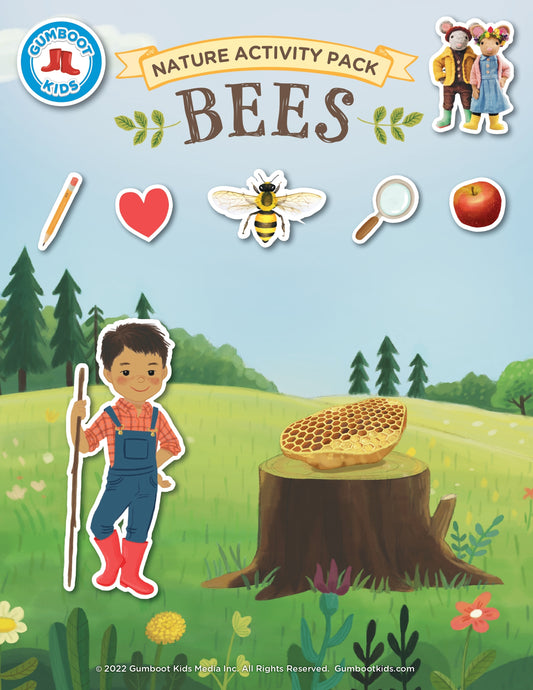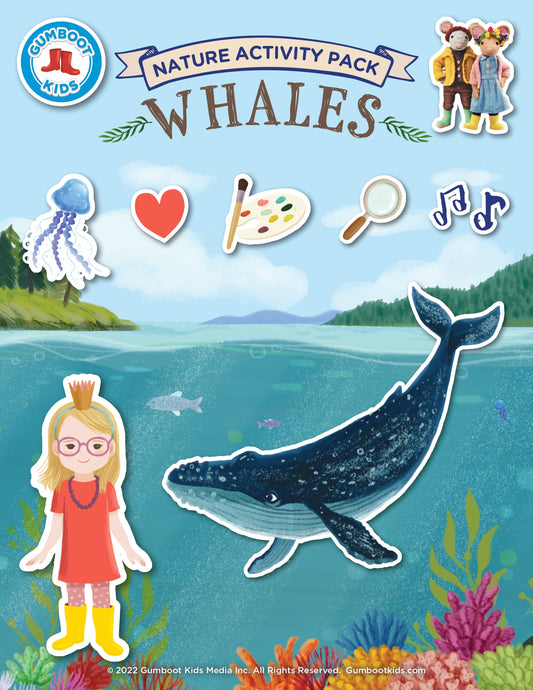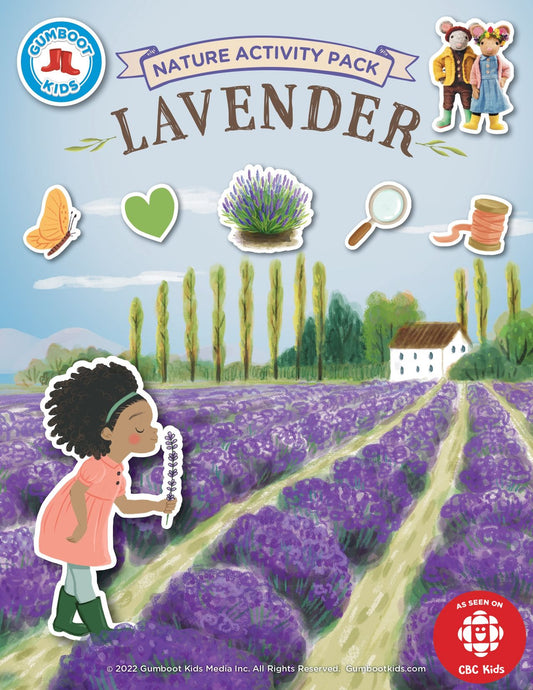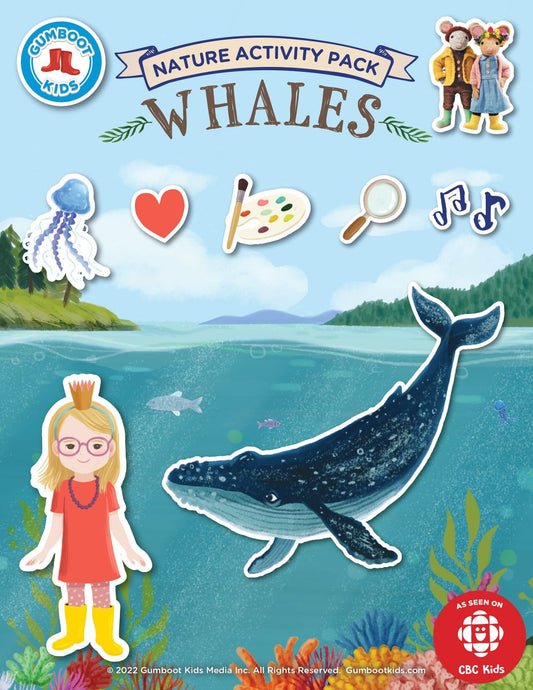Being in nature can have numerous benefits for children's physical, emotional, and mental well-being. Here are some ways that being in nature can help children:
-
Reduces stress and anxiety: Nature has a calming effect on the mind and body, which can help to reduce stress and anxiety in children.
-
Encourages physical activity: Being in nature encourages physical activity such as walking, running, climbing, and playing. This can help children develop gross motor skills and improve their physical health.
-
Boosts creativity and imagination: Being in nature can stimulate children's creativity and imagination. They can explore, observe, and engage with the natural world, which can inspire new ideas and perspectives.
-
Improves focus and attention: Spending time in nature can help children improve their focus and attention, which can benefit their academic performance and daily activities.
-
Promotes social skills: Being in nature can provide opportunities for children to interact and play with others, which can help them develop social skills and build relationships.
-
Increases self-esteem and confidence: Nature can provide children with opportunities for achievement and success, which can boost their self-esteem and confidence.
-
Enhances cognitive development: Exposure to nature can enhance children's cognitive development by stimulating their senses, encouraging curiosity and exploration, and promoting problem-solving skills.
-
Fosters a sense of responsibility: Being in nature can teach children about the environment and their role in protecting it. This can foster a sense of responsibility and stewardship for the natural world.
Overall, being in nature can provide numerous benefits for children's physical, emotional, and mental well-being. Encouraging children to spend time outdoors and connect with nature can help them develop important life skills and habits that can benefit them throughout their lives.




